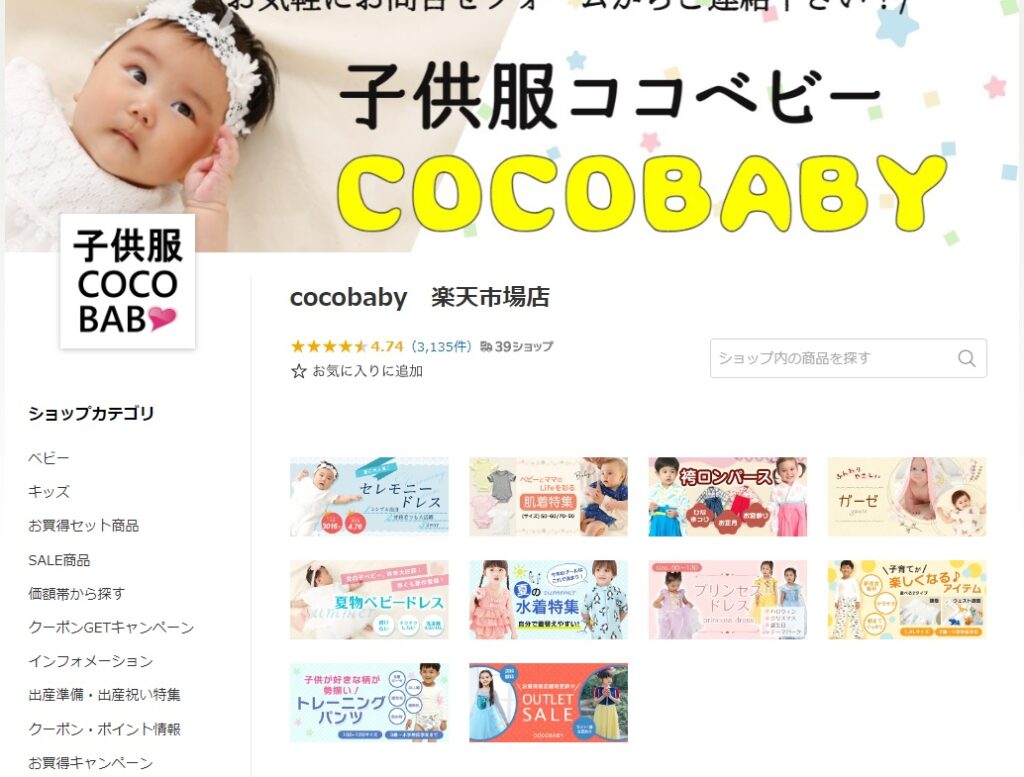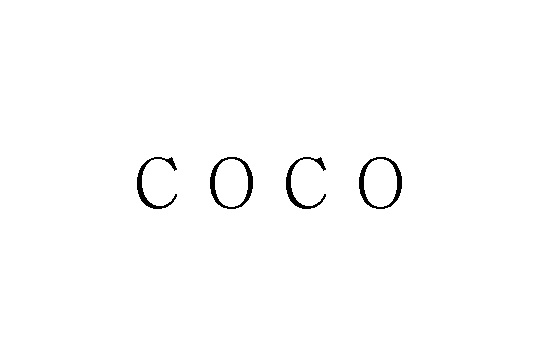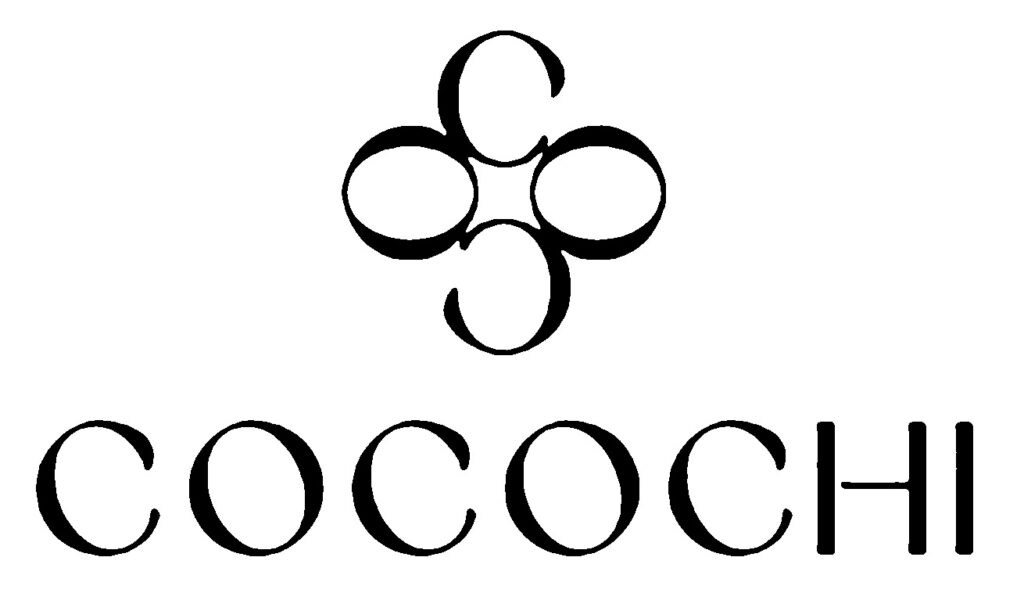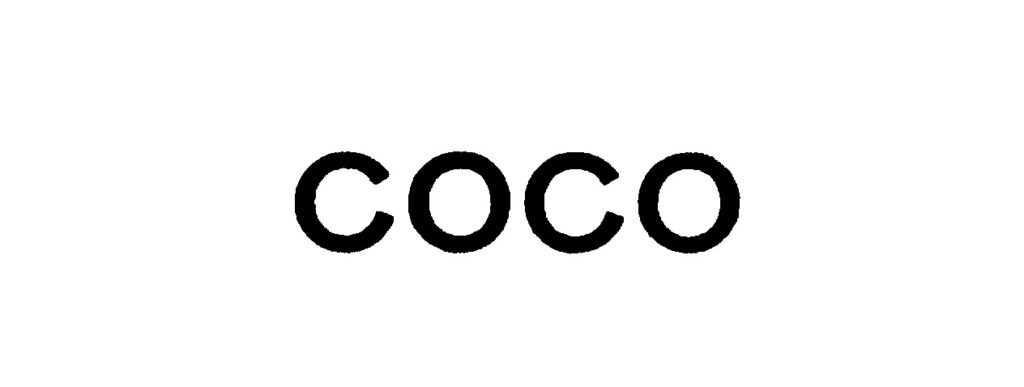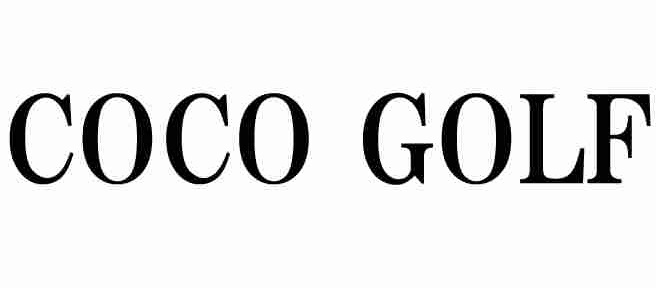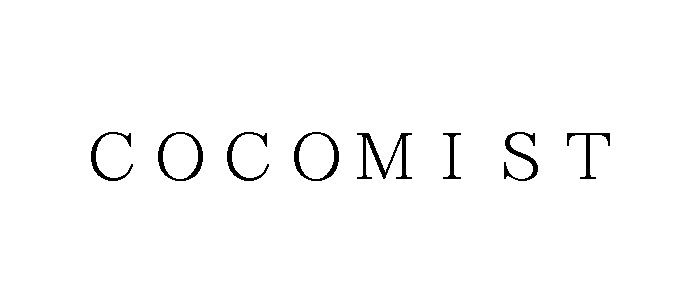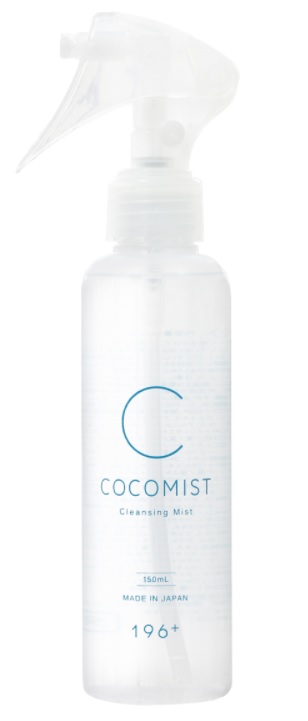In a recent administrative decision, the Japan Patent Office (JPO) found that the trademarks “CoCo” and “koko” are dissimilar and unlikely to cause confusion.
[Opposition case no. 2023-900250, decided on March 25, 2024]
“koko”
A wordmark “koko” in standard character was applied for registration with the JPO by a Japanese individual in relation to services of class 35, 41 and 42 including educational and instruction services relating to arts, crafts, sports or general knowledge (cl. 41) on October 7, 2022 (TM App no. 2022-115511).
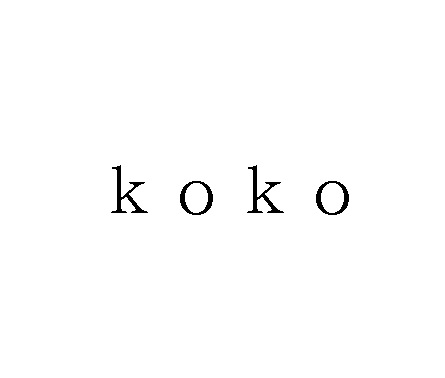
The JPO examiner issued an office action due to a conflict with TM Reg nos. 6327674 and 6327645 for the mark “KOKO HOTELS” and IR no. 950884-A for the mark “KOKO”.
The applicant was successful in a partial non-use cancellation action to IR no. 950884-A and argued in a response dissimilarity of the mark between “KOKO HOTELS” and “koko”.
Consequently, the examiner withdrew her rejection and granted protection of the mark “koko” on September 8, 2023. After registration (TM Reg no. 6737526), the mark was published for a post-grand opposition on September 28, 2023.
Trademark Opposition
The owner of earlier TM Reg no. 6167547 for wordmark “CoCo” filed a partial opposition on November 6, 2023, and claimed cancellation of the mark “koko” in relation to educational and instruction services relating to arts, crafts, sports or general knowledge of class 41 based on Article 4(1)(xi) of the Japan Trademark Law.
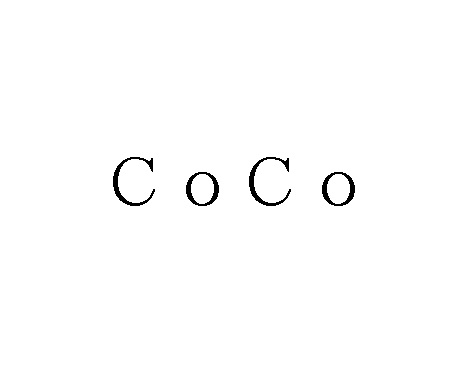
Article 4(1)(xi) is a provision to prohibit registration of a junior mark that is deemed identical with, or similar to, an earlier registered mark.
The claimant argued that the opposed mark “koko” shall be deemed similar to “CoCo” since both marks have the same sound. Besides, the service “educational and instruction services relating to arts, crafts, sports or general knowledge” is similar to ballet school services in class 41 designated by the cited mark. Therefore, the opposed mark is subject to cancellation in contravention of Article 4(1)(xi).
JPO decision
The JPO Opposition Board found the opposed mark “koko” is a coined word without any specific meaning. In the meantime, the cited mark “CoCo” has a meaning of the coconut palm as described in English dictionary.
The Board stated when comparing visual aspect of respective mark, overall impressions are different and unlikely to cause confusion because as they differ in the first and third letters “k” and “C” among four letters in total.
Although both marks share the same sound, the Board believes that they are sufficiently distinguishable in terms of concept and appearance regardless of similarity in respective service. Therefore, it is unlikely that relevant consumers will confuse the source of the service in question based on a global assessment of visual, phonetic, and conceptual factors.
Based on the foregoing, the JPO dismissed the entire opposition and decided the opposed mark shall not be subject to Article 4(1)(xi).

